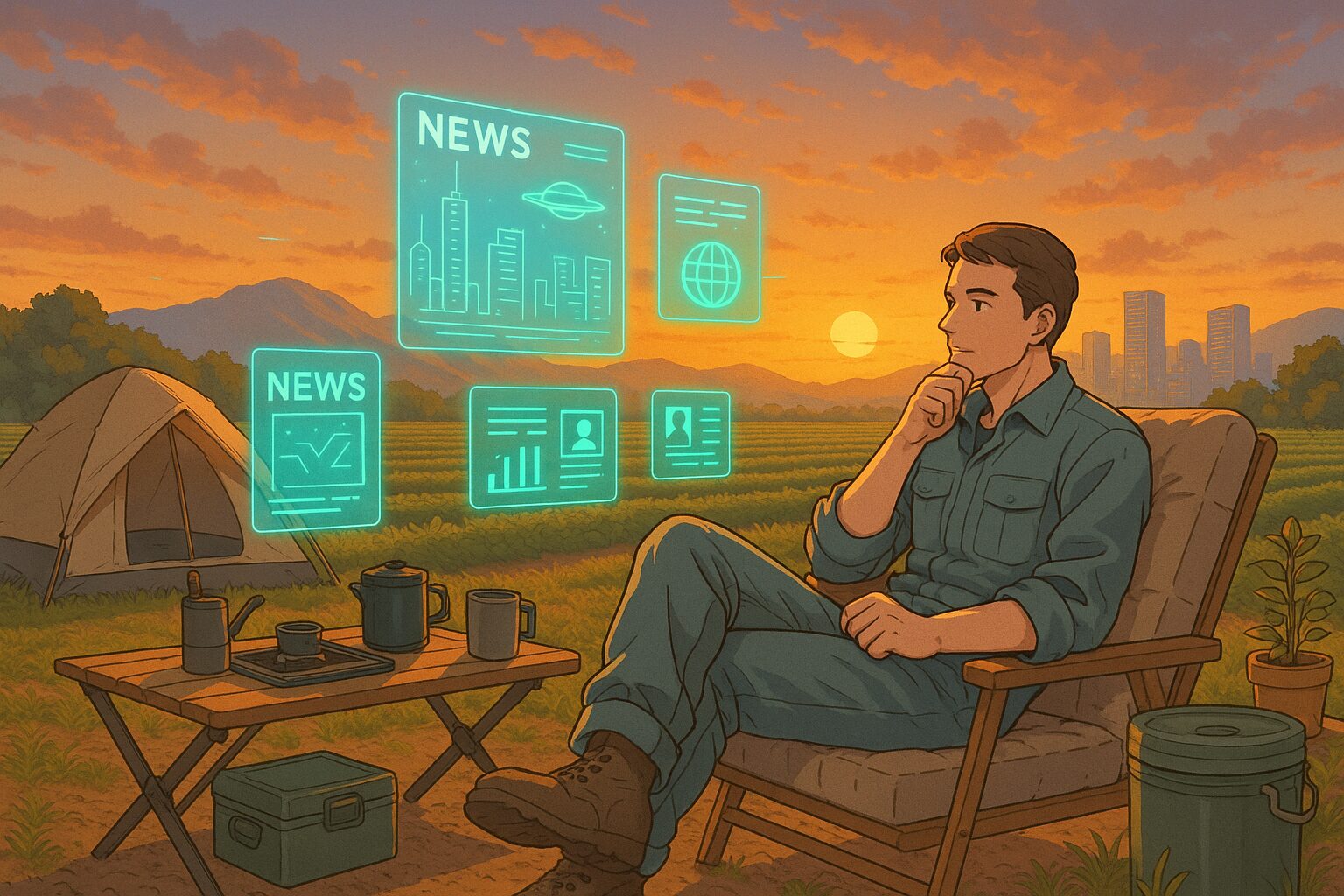The Arrival of Robot Therapists: Will They Change Our Minds?
The future of therapy may see robots providing mental health care. What if we are on the brink of an era where AI-equipped humanoid robots support us and help maintain our mental well-being? How will our lives change as this transformation unfolds?
1. Today’s News
Source:
Forbes: Humanoid Robots Infusing AI For Mental Health Gets Us Walking-Talking Robot Therapists
Summary:
- Humanoid robots are being developed as therapists utilizing AI technology to support mental health.
- This is leading to the emergence of walking and talking robot therapists.
- Robot therapy may offer a different approach from traditional methods.
2. Consider the Background
In many countries, there is a shortage of resources to support mental health. This issue stems from population growth and a rise in mental health issues. In urban areas especially, access to therapists is often difficult, and waiting times can be long. Amidst this, technological innovations are beginning to provide new solutions. How will this evolving technology affect our daily lives?
3. What Does the Future Hold?
Hypothesis 1 (Neutral): A Future Where Robot Therapists Are Commonplace
If robot therapists become commonplace, access to mental health care will dramatically improve. This will allow many people to receive the support they need, regardless of location or time. People will find it normal to receive therapy through AI, leading to a more flexible approach to mental health.
Hypothesis 2 (Optimistic): A Future Where Mental Health Care Greatly Advances
The widespread adoption of robot therapists may significantly enhance societal understanding and support for mental health. With data analysis provided by AI, personalized care tailored to individual needs may become possible, leading to a society that increasingly values mental health. As a result, mental well-being may become central to daily life.
Hypothesis 3 (Pessimistic): A Future Where Humanity is Lost
On the other hand, excessive reliance on robots may lead to a decrease in direct human communication and an increased sense of loneliness. There is a concern that warmth and emotional connection—hallmarks of human interaction—could be lost, leading to more mechanical relationships. This might result in mental health care being efficient yet lacking a human element.
4. Tips for Us
Mindset Tips
- Consider who you should entrust your mental health to and how.
- Revisit the relationship between technology and humanity and think about how to achieve balance.
Small Practical Tips
- Make time in your daily life to listen to your emotions.
- Share mental health information with those around you to foster open dialogue.
5. What Would You Do?
- Would you like to use an AI robot therapist?
- Do you want to maintain a relationship with a human therapist?
- How would you like to engage with the future of mental health care?
What kind of future do you envision? Please share your thoughts through SNS quotes or comments!









